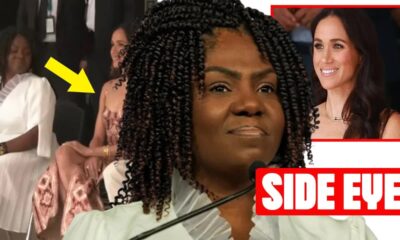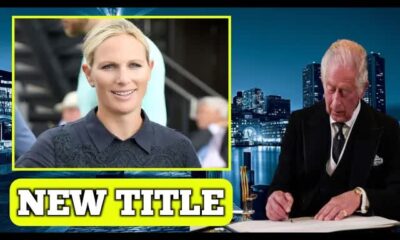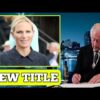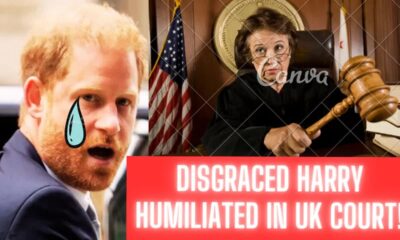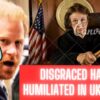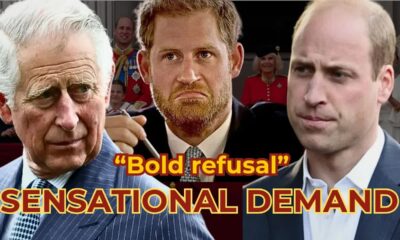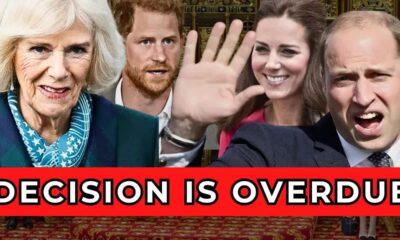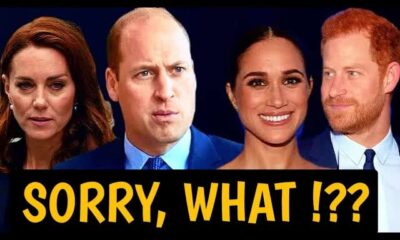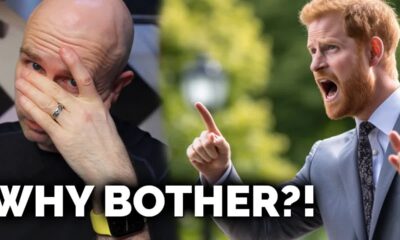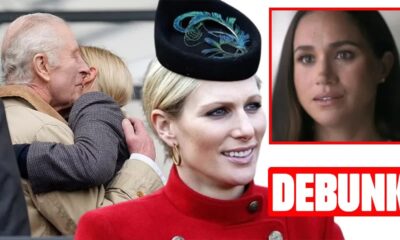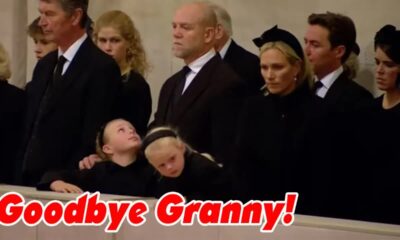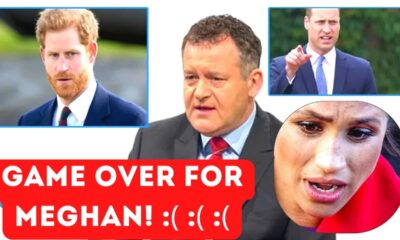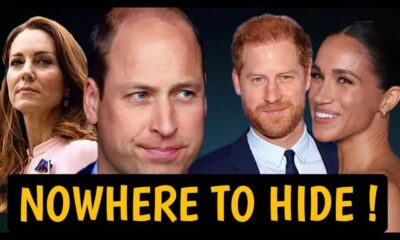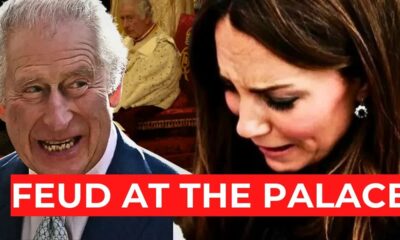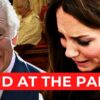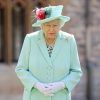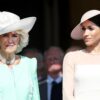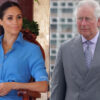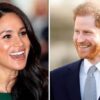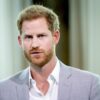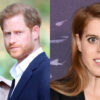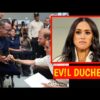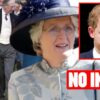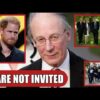All round
Prince Harry and Meghan Markle’s Nigerian Trip: A Royal Family Exposed
In a recent whirlwind of media attention, Prince Harry and Duchess Meghan’s visit to Nigeria has sparked a flurry of reactions that lay bare the underlying tensions between the couple and the British royal family.
Observers have noted that the UK media’s coverage of the trip reveals not only their biases but also a palpable sense of jealousy directed at the couple.
As the narrative unfolds, it becomes increasingly clear that the more the media scrutinizes Harry and Meghan, the more they expose their own bitterness and the royal family’s struggles.
The trip to Nigeria has ignited discussions about the couple’s impact and the royal family’s perceived shortcomings.
Many argue that the UK media’s relentless criticism only reinforces the notion that Meghan was never truly accepted by the royal family.
Trending:
- Meghan Markle Steals the Spotlight Again: A Royal Engagement Gone Awry
- “Harry and Meghan’s Tense Moment: A Marriage Under Scrutiny”
- Tension Unveiled: Frances Marquez’s Discontent with Meghan Markle in Colombia
- Elton John’s Scathing Remarks Leave Meghan Markle in Tears at Music Awards
- Meghan Markle’s On-Set Outburst: A Diva in Disguise?
The latest visit resonates with memories of their successful Australian tour, which, ironically, was followed by a wave of negative press fueled by royal insiders.
This pattern of jealousy and resentment seems to persist, as evidenced by the numerous articles detailing the supposed fury of Prince William and King Charles regarding Harry and Meghan’s endeavors.
Media outlets have been quick to report on the royal family’s alleged outrage.
For instance, The Mirror claimed that Prince William is “furious” over Harry and Meghan’s royal tour, while the Daily Mail echoed sentiments of anger from King Charles himself.
The Daily Express went so far as to suggest that the King is more upset than ever about Meghan’s actions during the Nigerian visit.
Such headlines indicate a desperate attempt to paint the couple in a negative light, despite the positive reception they received abroad.
Critics have raised eyebrows at the royal family’s frustration, questioning how King Charles plans to prevent Harry and Meghan from visiting Commonwealth countries.
The idea that the monarchy can exert control over these nations seems increasingly outdated.
It’s evident that the world connects more deeply with individuals who treat others as equals, and this is precisely what Harry and Meghan demonstrated during their trip.
The success of their Nigerian visit serves as a reminder that one doesn’t need an official royal title to make a meaningful impact.
This sentiment echoes the legacy of Princess Diana, whose humanitarian work often overshadowed the royal family’s traditional duties.
Piers Morgan, a vocal critic of Harry and Meghan, acknowledged the potent image of Harry comforting a wounded soldier, drawing parallels to Diana’s compassionate engagements.
However, he also expressed concern that such acts could divert attention away from the royal family.
As discussions continue, it’s clear that Harry’s charisma and genuine connection with people pose a challenge for the royal family.
The optics of their recent trip have only exacerbated feelings of inadequacy among royals, particularly given the declining support for the monarchy among younger generations.
Critics argue that the royal family’s inability to engage effectively with diverse communities further highlights their struggles.
Morgan’s comments about Harry and Meghan’s visits have sparked debate, with many questioning why he believes they should decline invitations to represent the UK abroad.
His stance appears hypocritical, especially when considering the royal family’s own overseas engagements.
As the couple continues to thrive in their philanthropic efforts, the royal family seems increasingly unable to compete for public affection.
The backlash against Harry and Meghan’s success is palpable, with some commentators suggesting that the royal family’s jealousy is becoming more transparent.
Tessa Dunlop’s remarks about Morgan’s discomfort with the couple’s achievements resonate with many, as they reflect a broader narrative of bitterness within the royal ranks.
The fact that Harry and Meghan can outshine their royal counterparts without an official title only adds fuel to the fire.
For the royal family, the stakes are high.
Their failure to connect with audiences, particularly in former colonies, raises questions about their relevance in a modern society that values equality and representation.
As Harry and Meghan continue to carve out their own path, the royal family’s attempts to undermine them seem increasingly futile.
In this ongoing saga, it’s clear that the royal family’s struggles with jealousy and resentment are not going unnoticed.
The media frenzy surrounding Harry and Meghan’s Nigerian visit has only amplified these tensions, leaving many to wonder how the monarchy will adapt to a world where their traditional roles are being challenged.
As the dust settles, viewers are left to ponder the implications of this rivalry.
With Harry and Meghan gaining traction as influential figures, the royal family must confront the reality of their waning popularity.
The contrast between the couple’s approach to service and the royal family’s hesitance to engage meaningfully with the public highlights a significant divide.
This unfolding drama continues to captivate audiences, inviting speculation about the future of the British monarchy.
As Harry and Meghan navigate their new roles, the royal family must reckon with their own challenges—jealousy, bitterness, and a growing disconnect from the very people they seek to represent.



